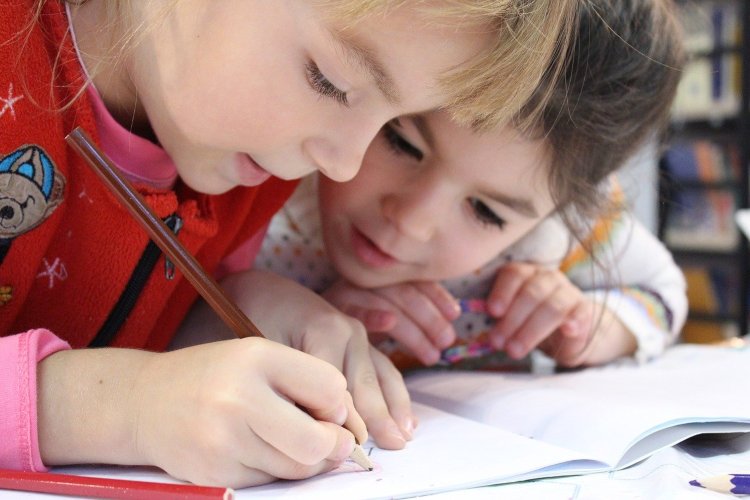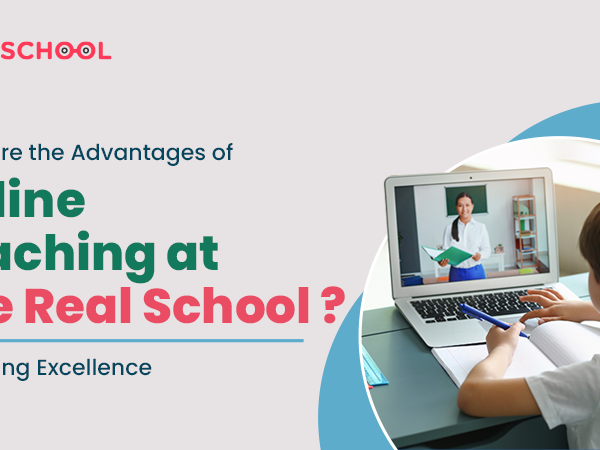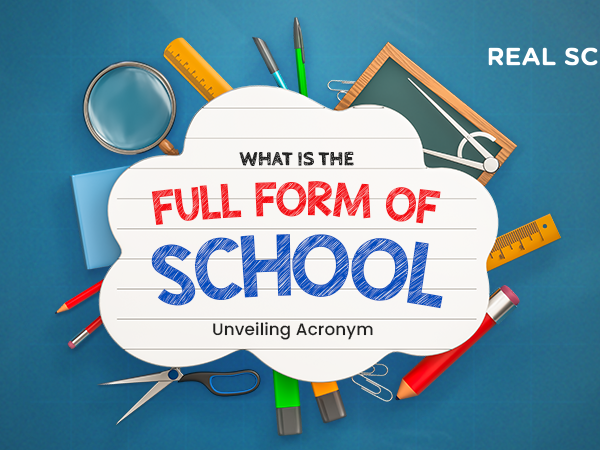Most students aren’t born excellent learners. Each child’s personality plays a big role in their willingness to learn and that is what makes them excellent learners. A student who possesses basic aptitude and is motivated in the right direction by parents and teachers can become an excellent learner.
One mistake that teachers and parents make while helping kids in learning new things is that they limit their teaching to just the classroom. The primary mode of teaching might be limited to the classroom, but the social, intellectual and academic growth extends outside the classroom. Below are some tips that will help kids who face difficulty in learning new things better themselves.
Also Read: Best Online Coding Classes for Kids: A Complete Guide to Get the Best
How to Motivate Your Children to Learn New Things
These are some of the tips that will help your children to motivate themselves to learn. If you apply them correctly then your child will discover the joy of knowing.

Develop an Atmosphere of Reading
Some people would most certainly argue that at minimum reading is a key to success if you want to learn. Children who develop a love for reading develop a love for knowledge. Children who struggle with reading, struggle while learning.
Reading not only helps children develop a better vocabulary but also helps their brain learn how to process concepts and even communicate formally. The skills gained from reading extend far beyond the increase in performance in language art classes. Students who read well experience a better ability to learn all subjects including technical subjects such as science and maths.
Help your child develop reading skills and a love for reading by filling his world with reading. Read to your child frequently and have them read aloud. To develop your child’s good reader is to make reading fun and not frustrating. Let kids pick their books to read, even help them read, and create activities that make reading fun for kids.
Put Your Child’s in the Driver’s Seat as Much as Possible
When a child feels in control, or out of control when it is about their education, they often move back from knowing. It’s important to guide children through this learning process, but it’s just as important to allow children to have control of their knowing.
Whether at home or in the classroom, you should provide children with the ability to have direct input in their knowing choices. A good way to do this is to provide them with options. For example, when giving them a writing project, allow children to choose the topic they want to write about.
It also recommended allowing children to choose their extracurricular activities. The more control you’re able to provide a child, concerning their learning environment, activities, and style, the more engaged and motivated a child will become towards learning.
Also Read: List of Rhyming Words for Kids: Early Language Development

Encourage Sincere and Open Communication
Encourage your child to express their opinion about what’s going on with his education. Create an open atmosphere where he feels comfortable about expressing his likes, dislikes or concerns. When they share their opinion, make sure to validate their feelings – even if you disagree. When children feel like their opinion doesn’t matter, or they’re stuck, they’re likely to disengage from this learning process. Good learners know that their opinion matters and feel reassured that they can be open about their experiences without being judged, put down, or ignored.
Focus on Your Child Interests
Learning engages children in areas and subjects of their interest, which makes the knowing becomes fun and children engage in knowing. If you want to help your child to become a good learner, encourage them to explore topics and subjects that fascinate them. If he likes dinosaurs, help them find interesting books and stories about dinosaurs. Then challenge them to identify their five favourite dinosaurs and explain why they chose each one.
Introduce and Encourage different Types of Learning
Each child has their learning preferences and styles that are best suited for their way of learning. Some children have a dominant learning style, while others prefer to learn using a mix of different learning styles. By helping your child discover their preferred learning styles, you can use techniques that will improve their learning quality.
There are seven fundamental learning styles: Visual, Auditory, Verbal, Physical, Logical (mathematical), Social and Solitary. Children who are visual learners learn best by seeing how things work. On the other hand, children who are auditory learners learn best by listening to things being explained.
Also Read: Rhyming Words for Kids: Everything You Want to Know

Share Your Enthusiasm for Learning
If your child sees that you are enthusiastic about learning, they’re likely to become enthusiastic about learning too. Whether it’s history, reading, science, writing or even math, help them see that learning is a journey of exciting discoveries. Take every opportunity without being overbearing to discover new information with them. As your child sees the excitement that learning brings to your life, they will begin sharing your enthusiasm for learning new things as well.
Make Learning Fun by Teaching through Games
Game-based learning is a concept that is not new. Game-based learning can be very advantageous for multiple reasons. When a child is actively engaged in a game, their mind experiences the pleasure of learning a new system. This is true regardless of whether the game is considered entertainment or as serious. Games that are entertaining provide benefits motivating children who want more.
Game-based learning is also an effective method for team-based learning which can be particularly beneficial for children in a classroom setting. Students typically try harder at games than they do in classes. There is also a competitive aspect to playing games. Students often try to compete or win while playing games. They may strive to perform harder in an effort to earn more points for their team or because they want an opportunity to play.
Also Read: Action words for kids: Help your kid learn with these amazing action words

Conclusion
Hopefully, this article has cleared all the doubts you had regarding how to develop kids’ interests in learning new things and solve kids’ problems about learning. To read more such articles visit The Real School Of Montessori Website.







